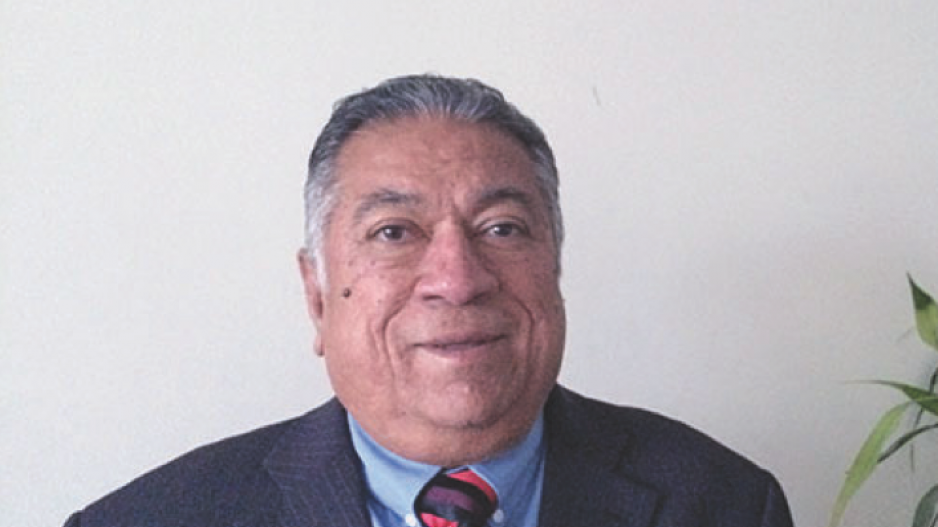recent controversial Canadian state trip to India had a distinct lack of input from B.C.’s South Asian community, said officials from one of the biggest local trade associations working on the file.
Vivek Savkur, chairman emeritus of the BC India Business Network (BCIBN) – and a 30-year veteran in developing bilateral trade between Canada and India – said members of his association, as well as representatives from most B.C. South Asian business councils, were omitted from the state trip’s invitation lists. The result? Very few B.C. businesses had a voice in the state trip, Savkur said.
“We have lost out on a big opportunity,” said Savkur, who noted the handful of members who did travel to India to participate did so at their own expense – and often had to ask to be invited to the state trip’s receptions and events.
“None of our trade councils were invited to come, so we could not give any advice or participate in any degree; we are completely in the background. I saw that Ontario was very well represented, but I didn’t really see a presence from B.C. there, and that would have made a big difference.”
Led by Prime Minister Justin Trudeau, the Canadian state trip, which concluded February 24, has become a major source of controversy in Ottawa. The main reason: a man convicted of attempting to murder an Indian minister in B.C. in the 1980s was invited to an official event on the trip, and the related fallout resulted in tensions between New Delhi and Ottawa.
Local business representatives added that they had no details on exactly what sectors and companies were involved in the business deals Trudeau inked – including the $1-billion-plus in new investment between Canada and India touted by the Prime Minister’s Office upon the trip’s completion – leaving many in the dark about the trip’s actual economic impact.
Douglas Nazareth, vice-president of general administration at BCIBN, said a senior official from the association paid her own way to travel to New Delhi for a reception – only to find out that the trade discussions were happening in Mumbai, some 1,400 kilometres to the southwest of the Indian capital. Both Nazareth and Savkur pointed to numerous other incidents of Canadian officials not being organized in informing business leaders who wanted to participate about where and when discussions for specific industries were taking place.
“We are one of the fastest-growing bilateral trade organizations in the country,” Nazareth said of BCIBN. “In the last three years, we have grown by leaps and bounds. But no one recognizes this.”
Although much of the attention is now focused on the much-maligned federal visit to India, Savkur noted there is an equal lack of willingness on the part of the B.C. provincial government to do more in the Indian market. He said information from the provincial trade ministries indicates this year’s focus will be placed on markets like the United States, China and South Korea, with India on the back burner.
More specifically, Savkur said BCIBN recently tried to bring a group of 300 Indian business leaders and CEOs to Vancouver as part of a meet and greet with representatives from local sectors that could benefit from Indian partnerships. But the trip did not materialize, Savkur said, after the province offered $20,000 to support the event – a tenth of what BCIBN had requested.
“People in India want to come here to find out what B.C. is, and yet we are not willing to spend any money to bring them here,” Savkur said. “In the meantime, we spend a ton of money going to India, and nothing is happening.”•




